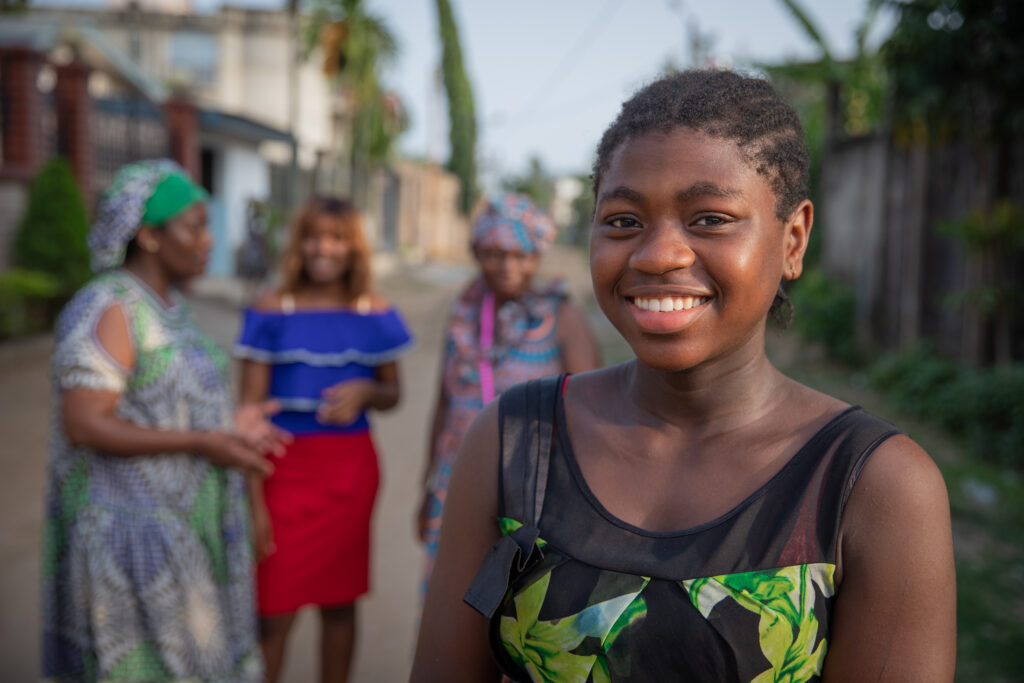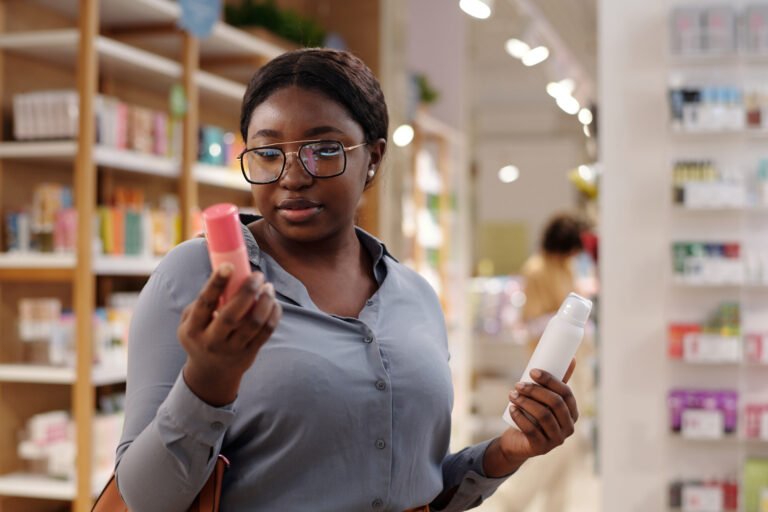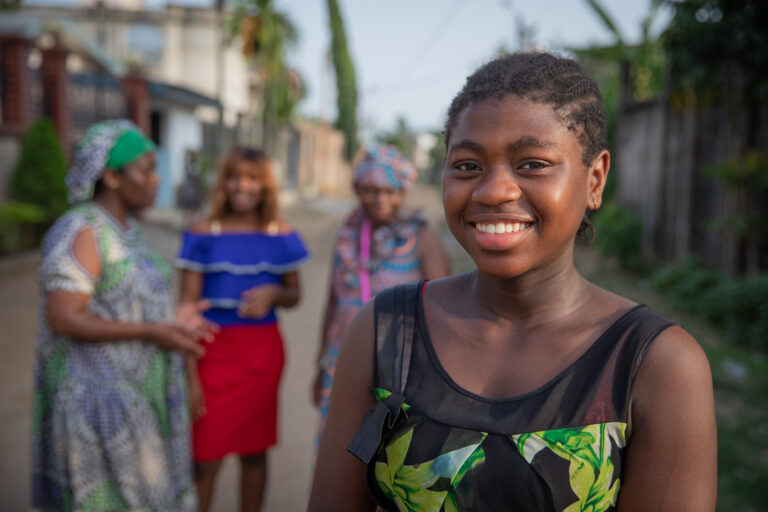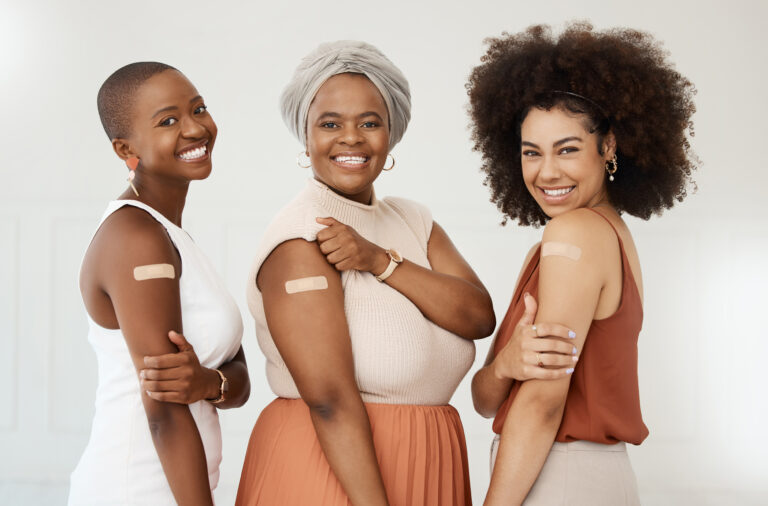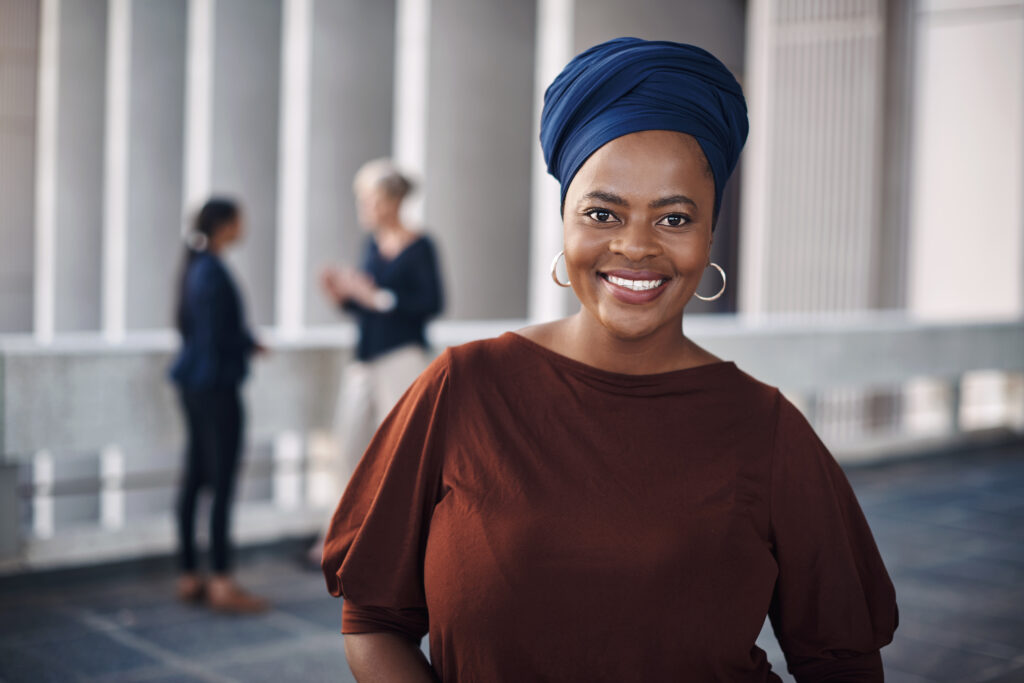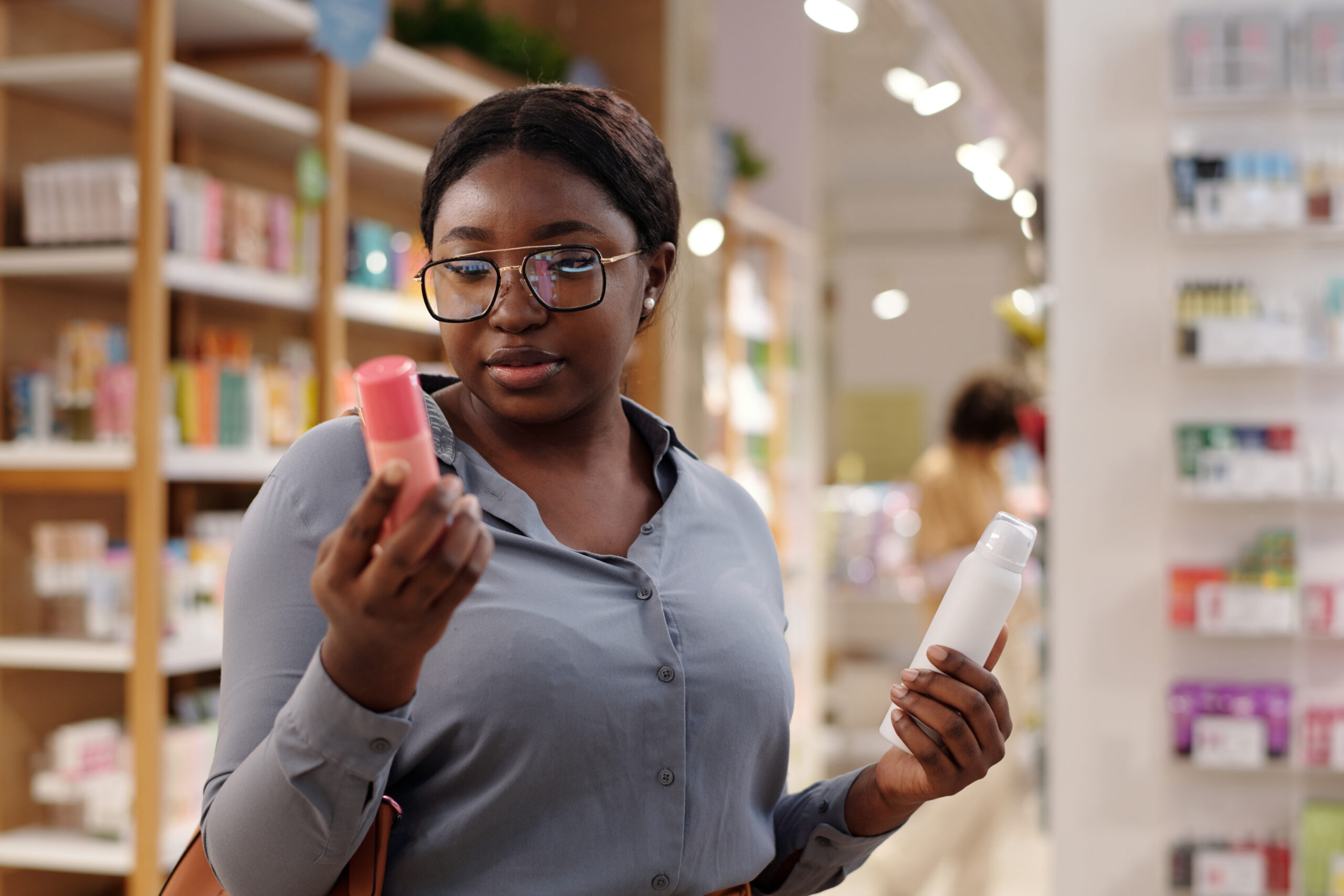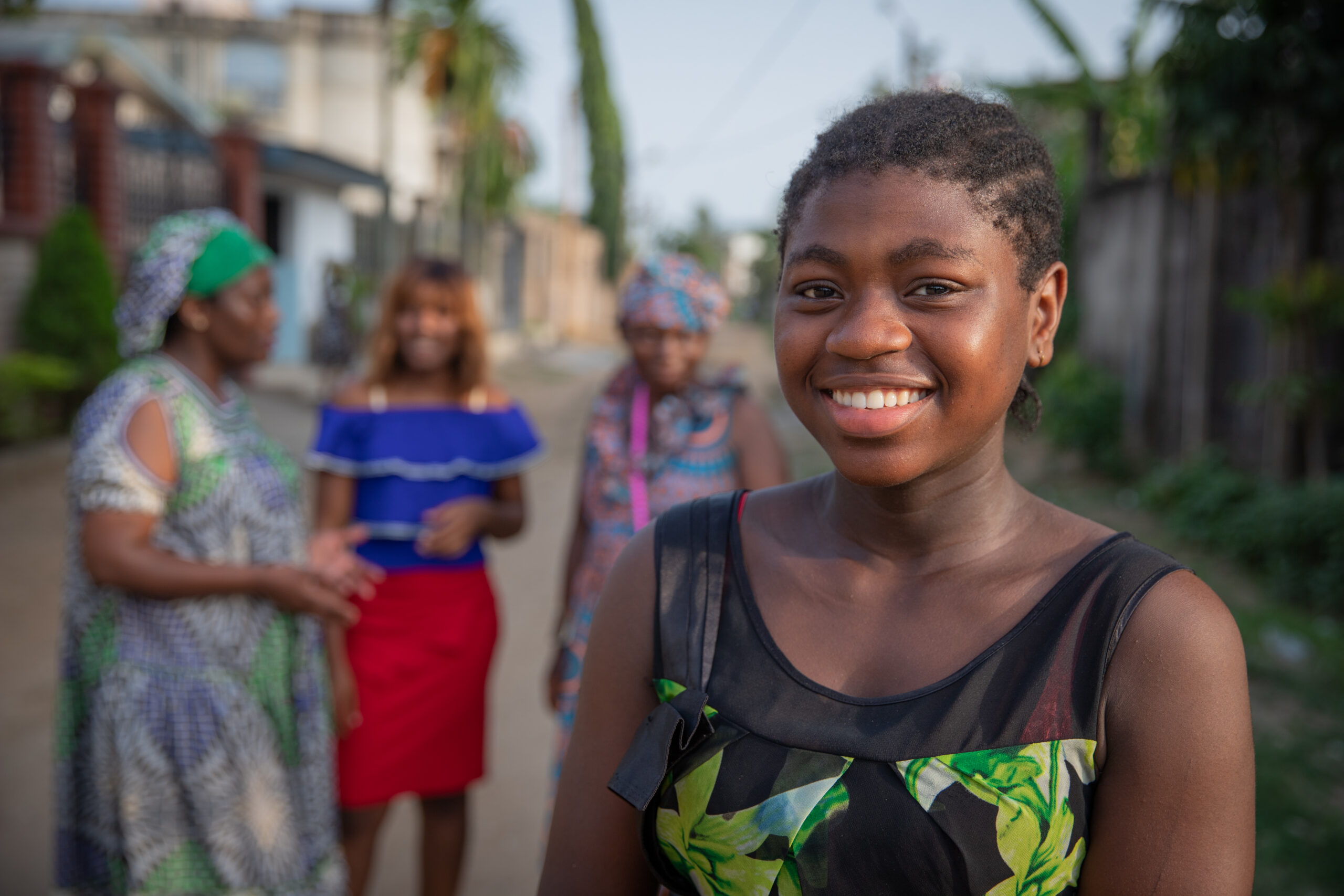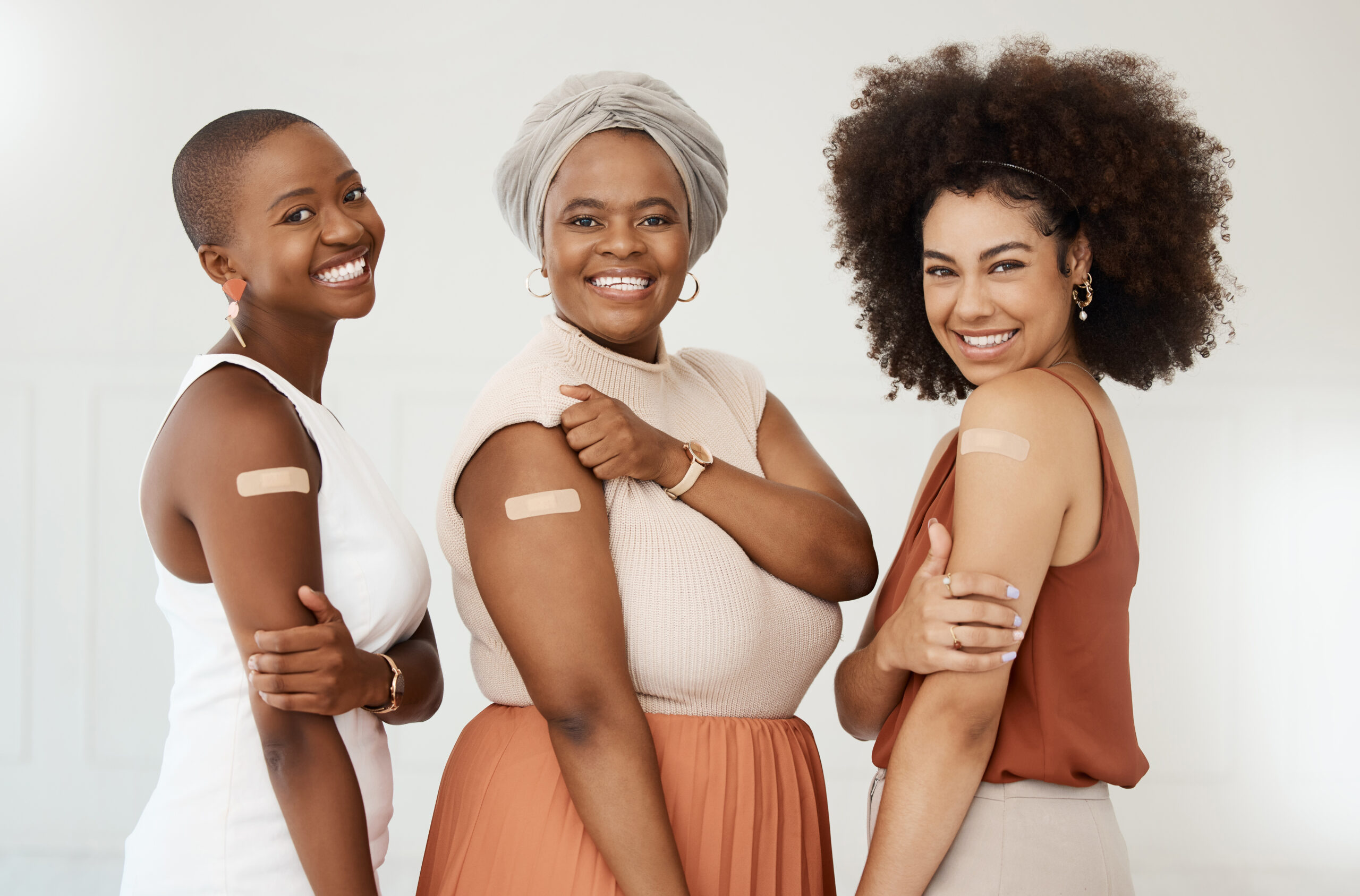Too many girls in Nigeria and across Africa enter womanhood without understanding their reproductive health. The result? Confusion, shame, unplanned pregnancies, untreated conditions like PCOS and fibroids, and lifelong health consequences.
It’s a stark reality:
- Only 23% of adolescent girls in Nigeria receive comprehensive reproductive health education before their first period.
- Cultural taboos often prevent open conversations about menstruation, fertility, and hormonal health.
- Girls experiencing early signs of PCOS or irregular periods are told “it’s normal” — leading to years of misdiagnosis.
- Lack of information perpetuates myths and stigma, keeping young women in the dark.
Why does this matter so much? Because reproductive health is a foundation of women’s health in Nigeria — impacting not only fertility but overall well-being.
At TheFutureisHer, we believe the solution starts with education—early, accurate, and stigma-free.
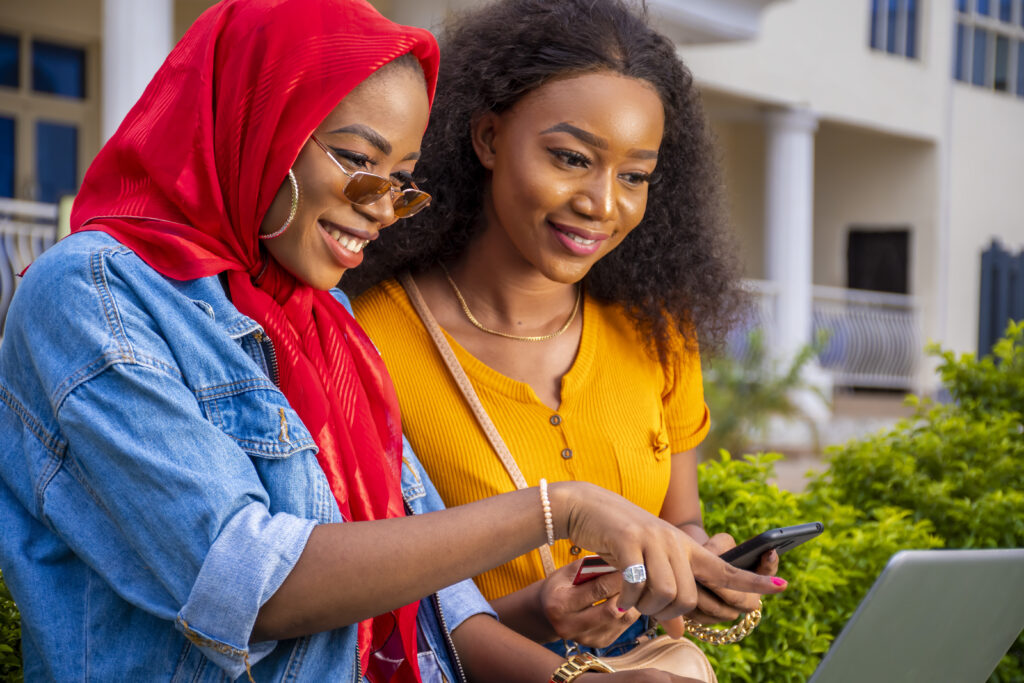
Key reasons why better reproductive health education in Nigeria is urgently needed:
- Empower Girls to Understand Their Bodies
Girls must be taught that changes in their cycles, skin, or mood may signal health issues—not “bad luck” or “normal girl problems.” - Reduce Teen Pregnancies and STIs
Comprehensive education reduces early pregnancies and sexually transmitted infections by giving girls tools to protect themselves. - Break the Silence on PCOS and Fibroids
By teaching about PCOS, fibroids, and hormonal disorders, we can foster earlier detection and access to care. - Challenge Harmful Cultural Taboos
Open conversations encourage mothers, teachers, and community leaders to stop treating reproductive health as shameful.
How TheFutureisHer is Taking Action:
- Launching Youth Health Clubs in schools across Nigeria.
- Training young women to be peer educators and health advocates.
- Providing culturally sensitive educational materials.
- Partnering with communities to promote open dialogue.
Conclusion:
If we want healthier women tomorrow, we must start by educating girls today. Menstrual health education in Africa is not just a “nice to have”—it’s a public health priority. And that’s what drives our work at TheFutureisHer Foundation.

